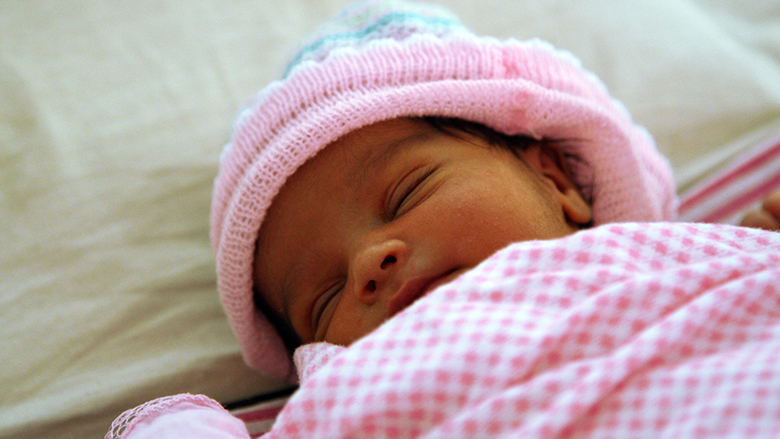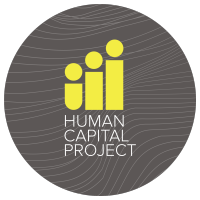
Developing an individual’s potential – and a country’s human capital – depends on giving children the best possible start in life. The first five years of life are the fastest period of human growth and development as 90 percent of a person’s brain development occurs by the age of five. Investing in the early years helps to break the cycle of poverty, address inequality, and boost productivity.
Despite the central importance of the early years, children today face a human capital crisis. The World Bank’s Human Capital Index estimates that globally, a child born today would only reach 56% of their full adult productivity due to the risks of poor health and education. As a result, millions of children do not reach their full development potential because of inadequate nutrition, lack of early stimulation and learning, and exposure to poverty and stress. COVID-19 is expected to further exacerbate these challenges due to impacts on critical maternal and child health services including timely immunizations, increased poverty leading to reduced nutrition, and higher rates of violence against women and girls.
- In 2020, stunting affected an estimated 22 percent or 149.2 million children under 5 globally. Stunting early in a child’s life can cause irreversible damage to cognitive development and has educational, income, and productivity consequences that reach far into adulthood. Due to the COVID-19 pandemic, an additional 6.7 million children are estimated to face acute malnutrition as measured by wasting and stunting is also expected to increase.
- More than 40 percent of all children below primary-school age – or nearly 350 million children – do not have access to childcare. As a result, too many children spend their earliest years in unsafe and unstimulating environments. This early adversity leads to disadvantages in human growth and development that widen over time.
- Yet we know that early interventions can help children overcome disparities and increase adult wages later in life. In Jamaica, young children who suffered from stunting but received high-quality early stimulation support earned 25 percent higher wages as adults, allowing them to ‘catch up’ to their non-stunted peers.

